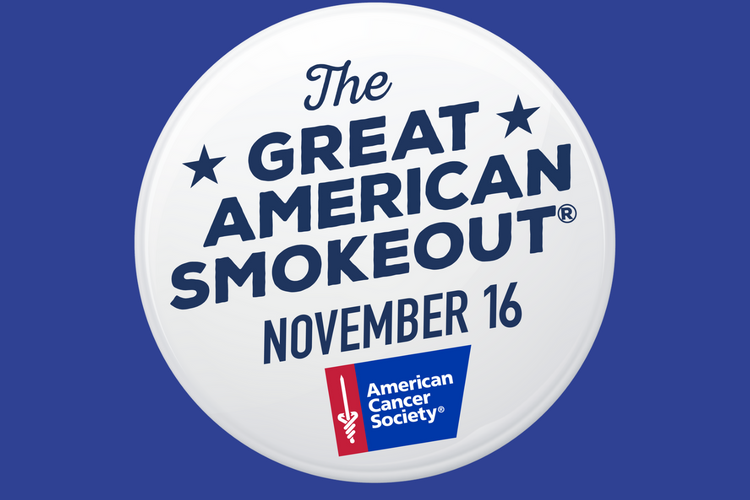
It’s Never Too Late to Quit Smoking
Cigarette smoking causes almost one-third (32%) of all cancer deaths in the U.S. Nearly everyone knows that smoking can cause lung cancer, but fewer people realize it is linked to a higher risk for many other kinds of cancer too such as liver, bladder and stomach cancer. Smoking also increases the risk of heart attack, stroke and chronic lung disease.
Quitting is rewarding no matter how old you are or whether you have health problems.
The benefits of quitting are almost immediate. Ex-smokers have fewer illnesses such as colds and the flu, lower rates of bronchitis and pneumonia, and feel healthier than people who still smoke. Just 20 minutes after quitting, your heart and blood pressure drop. In just 12 hours, the carbon monoxide level in your blood drops to normal. In as little as 2 weeks, your circulation improves and your lung function increases.
Are there other benefits of quitting that are noticed right away?
- You’ll save money!
- Food tastes better.
- Your sense of smell returns to normal.
- Your breath, hair and clothes smell better.
- Your teeth and fingernails stop yellowing.
- Ordinary activities such as climbing stairs or doing light housework will leave you less out of breath.
Quitting smoking isn’t easy. It takes time and a plan. You don’t have to stop smoking in one day. Start with day one!
Quitting will also help stop damaging effects on how you look including premature wrinkling of your skin, gum disease and tooth loss.
Quitting when you’re older has both challenges and advantages.
The challenges: You have likely tried to quit before, maybe even more than once. Knowing how hard it is may make you feel discouraged about trying again. And if you’ve been smoking a long time, it may be so much a part of everyday life, it’s hard to imagine quitting.
The advantages: Older adults have strengths younger people may not have that can help them quit. Over their lifetimes, they have had lots of experience accomplishing difficult tasks. At this point in their lives, they are likely to be better prepared to quit smoking than when they were younger. They know quitting is tough, and they know it won’t be easy, so once they decide to try again they may be more willing to work at it to make sure they succeed.
https://www.cancer.org/latest-news/never-too-late-to-quit-smoking.html
Leave a reply →